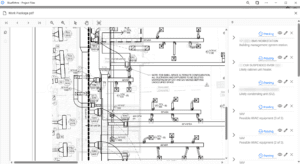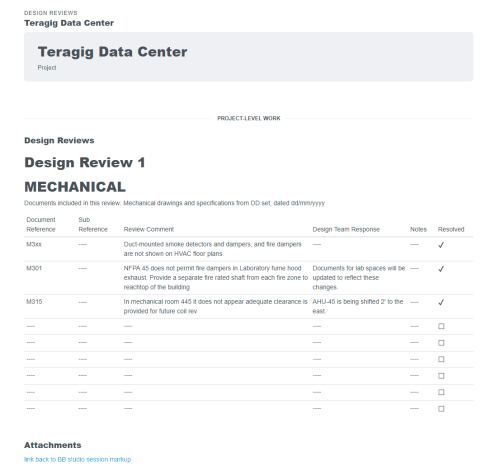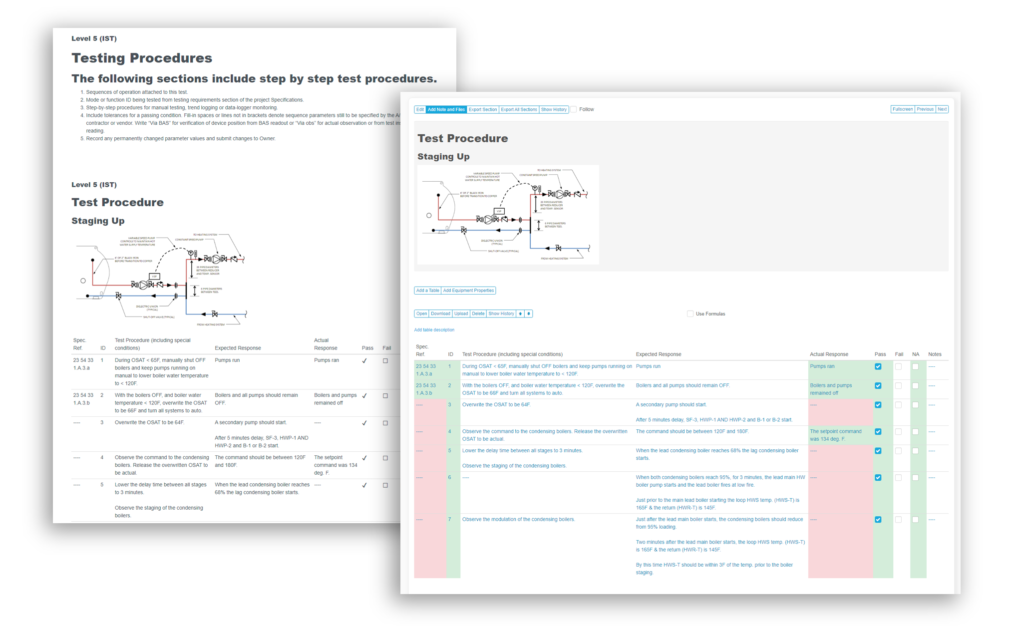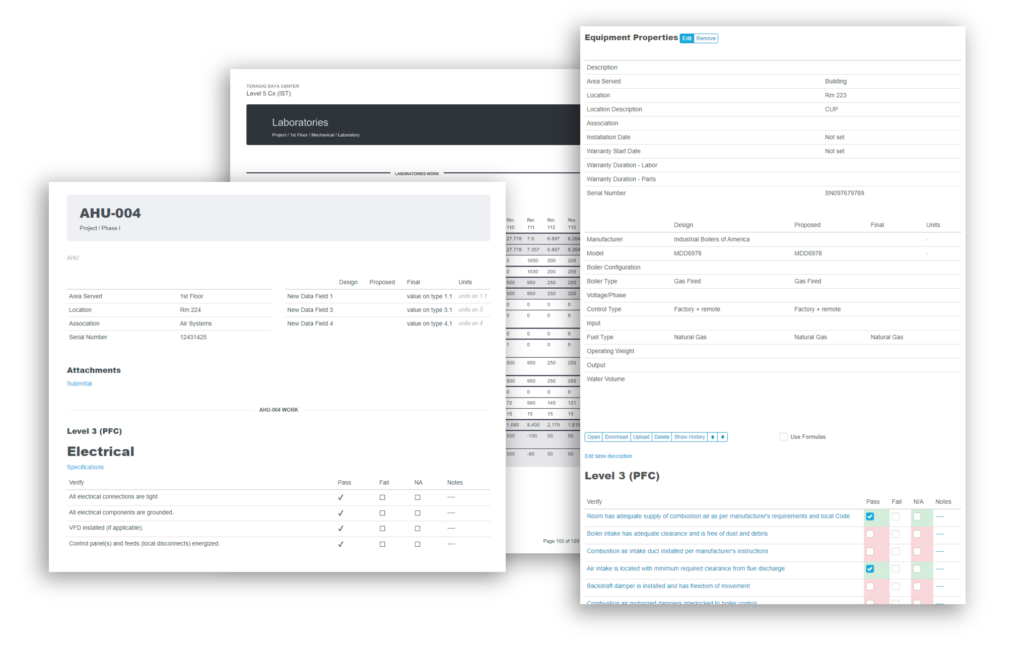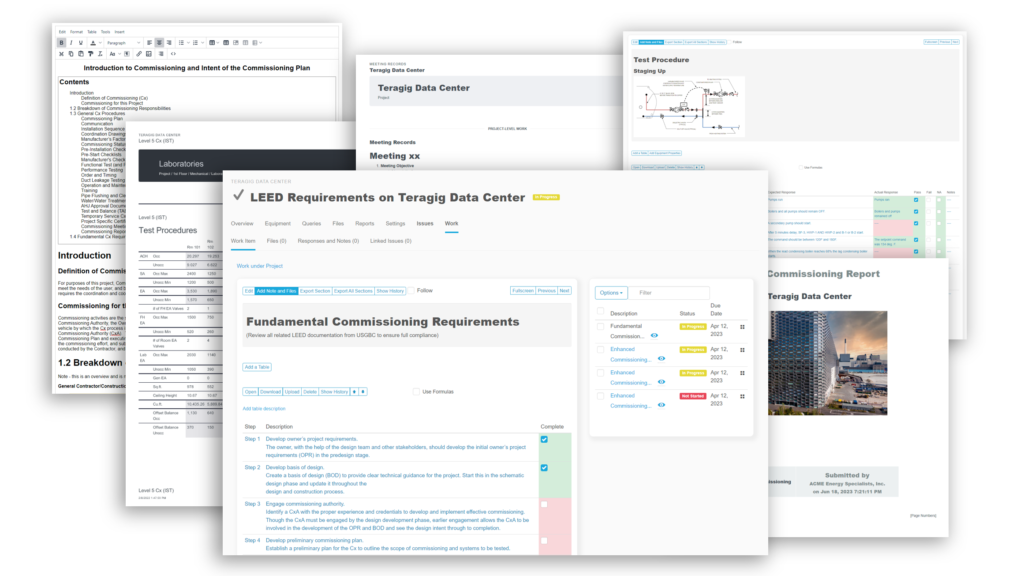How many construction projects have you been involved with where you know that 3rd party commissioning is within the scope of the project, but you don’t really understand the extent of what it actually entails? What is 3rd party commissioning?
This article by Rebecca T. Ellis, P.E., highlights a few of problems that may need some attention as the frequency and importance of 3rd party commissioning ramps up as the complexity of our built environment continues to increase. We can summarize her key points as:
- Oftentimes the definition of what the 3rd party commissioning scope consists of is inadequate.
- People’s understanding of what “commissioning” means varies across industries, geographies, and cultures.
For example, there have been a handful of projects I’ve been involved with where after the commissioning process had formally concluded, everyone had the feeling of “wow, that was it?” There were clearly shortcomings in the process and the final results, whether it was due to schedule and budget pressures or for other reasons, they were 80% of what they should have been. Perhaps the problems were either no formal definition of the commissioning process and what the outcomes were supposed to be, or the definitions were just insufficient.
Uncertainty is a common feeling leading up to the commissioning phase of a project. Everyone has known 3rd party commissioning has been coming, but in the chaotic rush to get a building built it remains a distant, anxious thought in the backs of our minds. Having the commissioning process and expectations thoroughly documented early in the project would help everyone prepare their plans and do what they need to prepare their teams to support the effort. Schedule activities can be built around it, surprises can be minimized, and the whole project team can be brought together to work as an effective group of subject matter experts to start up, commission, and turn over a building that everyone can feel confident about. I’ve been involved in some of these projects as well, and it’s a great experience, and most importantly, invaluable to the owner and occupants of the building.
These varied expectations and levels of rigor, and differences in overall understanding can be magnified when working in new or different regions. Ms. Ellis gave a great example of how simple terminology made all the difference. Because of this, having these plans, formal definitions, and understandings outlined early on in a projects life-cycle can help avoid these pitfalls and help everyone answer the question of “what is 3rd party commissioning?”
The final goal of a construction project should be to maximize value to the owner and occupants of the facility. A well planned and executed commissioning process can add to this value, all for an insignificant investment relative to the overall cost of the construction event.


